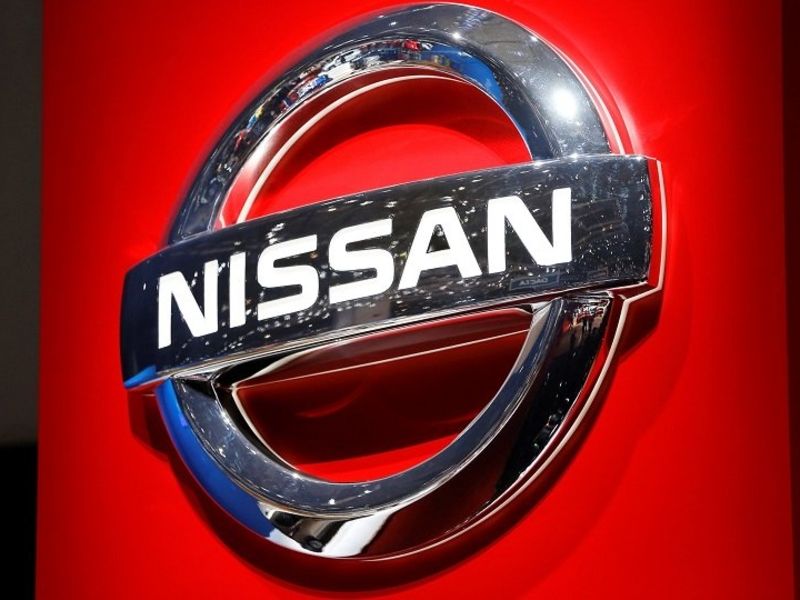
A shift in focus from market share to profit, coupled with new retailer-friendly policies, has propelled Nissan from industry laggard to middle of the pack in a key dealer survey.
The Nissan brand ranked 15 out of 32 in the latest National Automobile Dealers Association Dealer Attitude Survey — an industry insider’s measure of how auto retailers feel about their franchise.
The 10-place surge from a year ago is a promising sign for the Japanese brand that until recently faced rebellious retailers fed up with its high-pressure sales program.
Nissan is “changing the conversation,” U.S. sales chief Judy Wheeler told Automotive News last week.
“We’re not pushing wholesale with our dealers,” Wheeler said. “Instead, we’re working with our dealers on: how do we help them run their business better; how do we engage better with customers; how do we use our e-commerce platform to touch the customer wherever they are in the buying process?”
The uptick in dealer sentiment comes as Nissan executes a business and product reboot. The automaker has backed off a market-share-at-all-costs retail strategy favored by former Chairman Carlos Ghosn, shifting to one focused more on profitability.
Tight inventories resulting from the global semiconductor shortage, meanwhile, have lifted dealer spirits and bottom lines.
“Dealer profitability drives dealer sentiment,” said Tyler Slade, vice chairman of the Nissan National Dealer Advisory Board. “This record increase in NADA survey results for Nissan is tied to the record increase in profit for Nissan dealers.”
Nissan improved across the board in the confidential summer survey, including in its willingness to consider dealer input, product quality and franchise value, according to a copy of the report card obtained by Automotive News.
A spokesman for NADA declined to comment on the results, saying the association does not make individual Dealer Attitude Survey reports available publicly.
A product reboot has buoyed excitement in the brand. Nissan has revealed 10 new or updated models in 20 months.
“New product not only drives customer enthusiasm, but it also drives dealer employee enthusiasm,” said Slade, operating partner at Tim Dahle Nissan Southtowne in suburban Salt Lake City. “Now more than ever, my salespeople, even my mechanics, are excited to see those transport trucks pull up in front of our dealership.”
Even so, dealers would like to see Nissan speed up its cadence of vehicle updates.
The brand has historically struggled with product cycles compared with its Japanese competitors, Slade said.
“They’re by far the slowest to refresh their product,” he said. “If they can take their core models and keep the product cycle to four to five years, then we feel like Nissan’s franchise value and brand value will only continue to increase.”
The past few years have been tumultuous for Nissan’s U.S. business. It has struggled with executive turnover, agitated retailers and uninterested customers. But management has worked to improve factory-dealer relations.
In April, Nissan abandoned the controversial stair-step dealer volume bonus, or DVB, program, which used cash awards to incentivize retailers to hit aggressive monthly, quarterly or year-end sales goals.
That strategy had for years rankled Nissan’s retailers, many of whom argued the automaker pushed unrealistic sales targets that fostered a culture of price discounting, diminished resale values and damaged brand reputation.
“For Nissan to drop the DVB program was not easy,” Slade said. “Nissan has always been an objectives-based company.”
But the protest against the sales program had gotten too loud for the brand to ignore.
“We have been hearing loudly and clearly from our national dealer advisory board, from our NADA survey results,” Wheeler said at the time. “It’s very clear that it was time for us to change.”
Nissan has since replaced the program with a bonus plan that rewards dealers for delivering customer service and building brand loyalty.
While Nissan’s policies toward its dealers have historically been “adversarial and intrusive,” the company has adopted a more dealer-friendly attitude lately, according to a dealer who requested anonymity.
“Their new policies are more dealer-centric,” he said. “There’s not as much complexity; there’s more transparency.”
With inventory tight and margins high, Nissan dealers are once again bullish about the future of the brand.
Even so, some retailers wonder whether Nissan will stick to its new pull-vs.-push retail strategy once microchips — and cars — start rolling out of factories again.
“Will the dealers’ sentiment be the same when business resumes at a natural state, where you don’t have stimulus?” the dealer asked. “Will [Nissan] protect dealer profit and not promote a business model where more than half their dealers are losing money on a great number of their sales?”
Nissan executives have told dealers they are committed to a days supply in the high 40s once the inventory crunch ends. That’s a far cry from when it hovered around 90 days in April 2018.
“We’re not going to get crazy in days supply again,” Wheeler said. “It’s just not how we want to go to market.”

